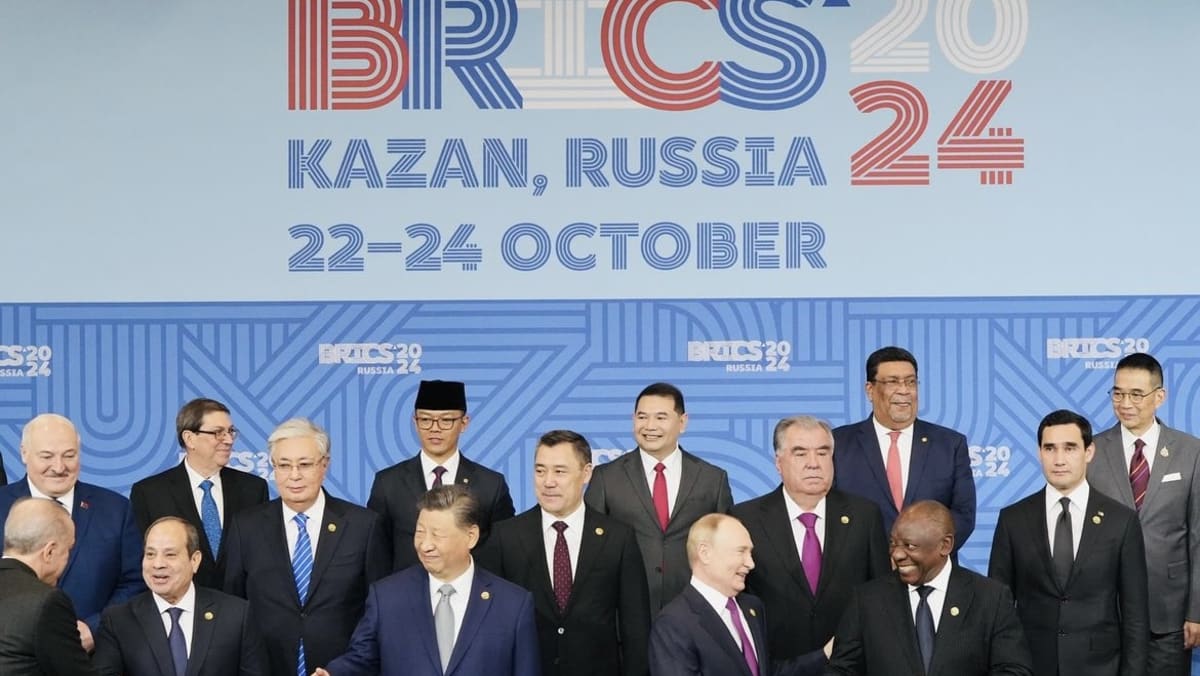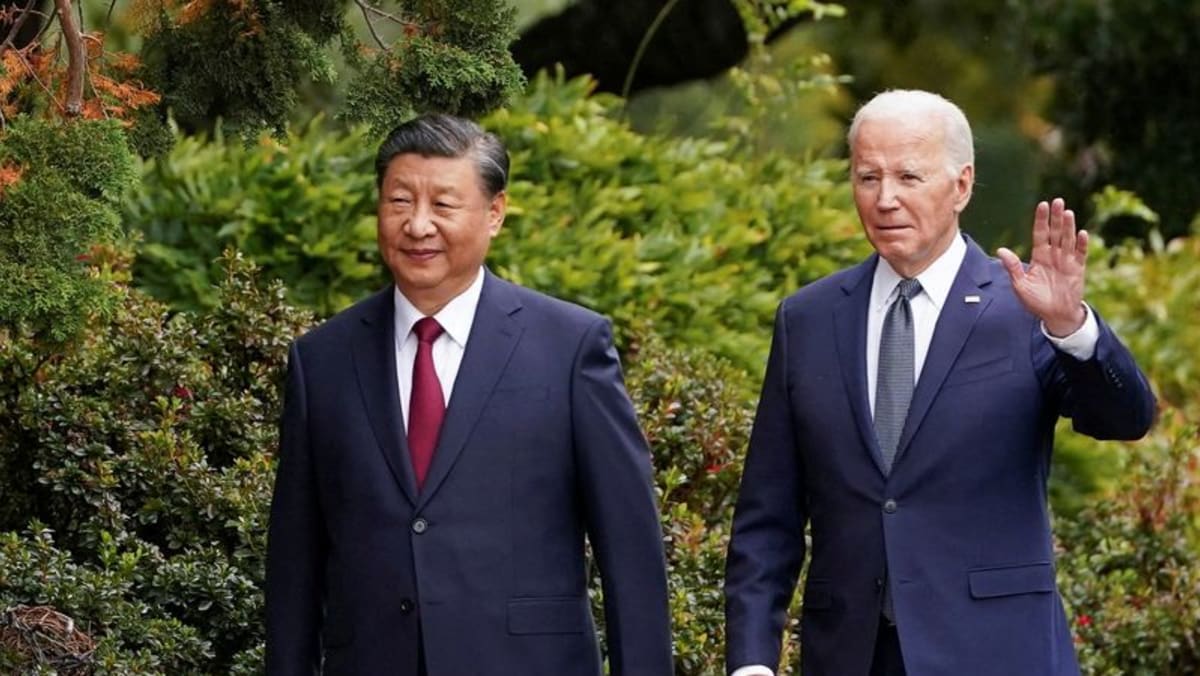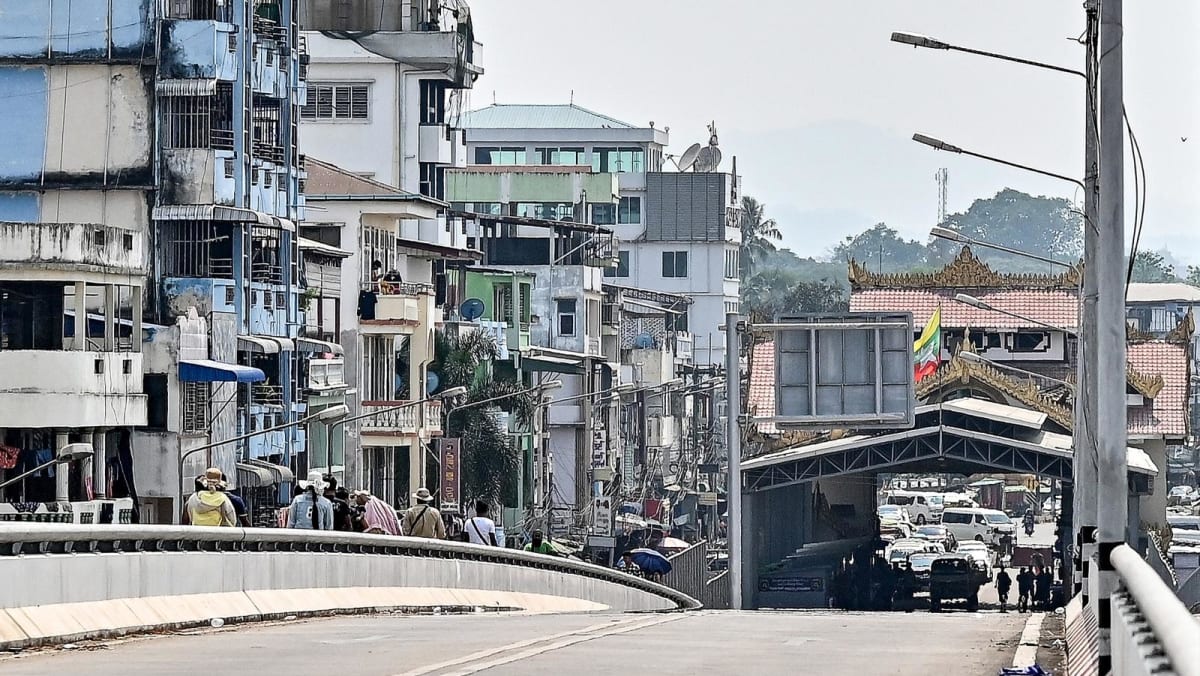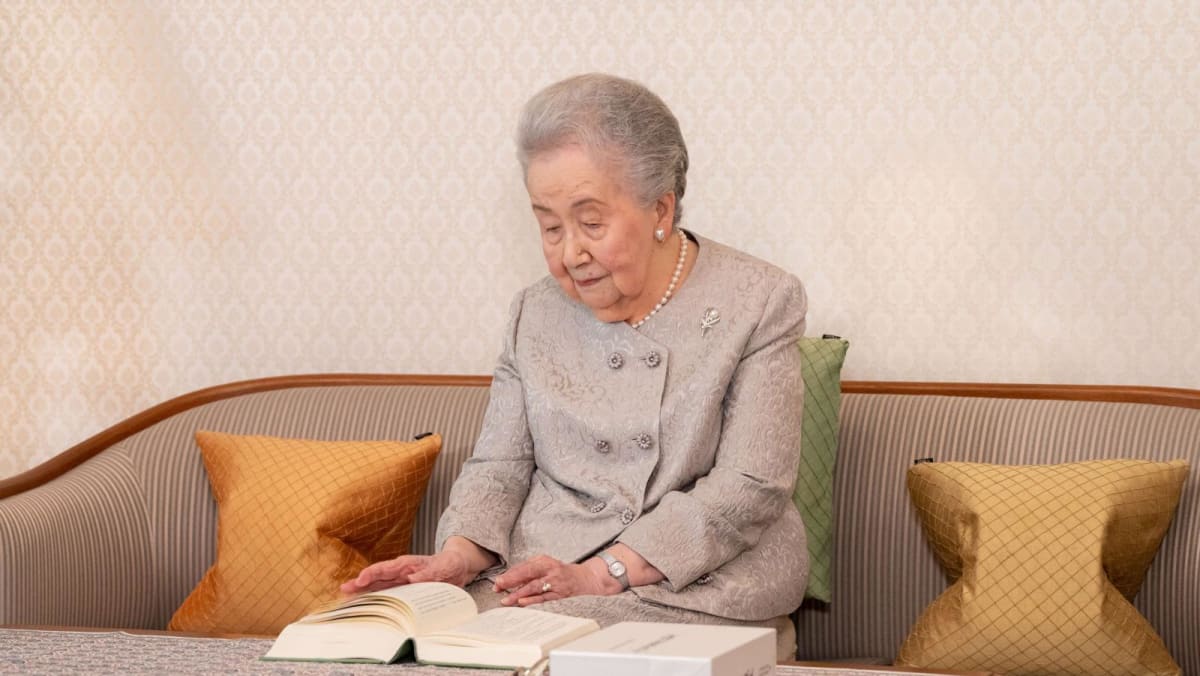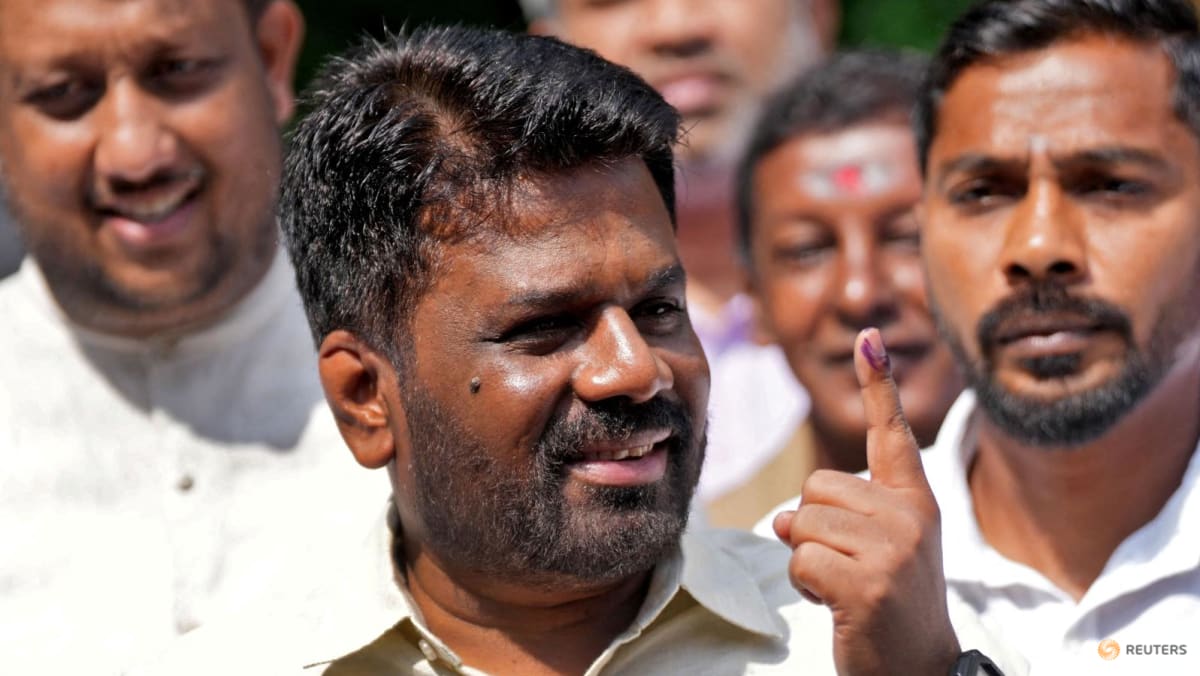Commentary: Will third time be a charm for Thailand to pick next prime minister?
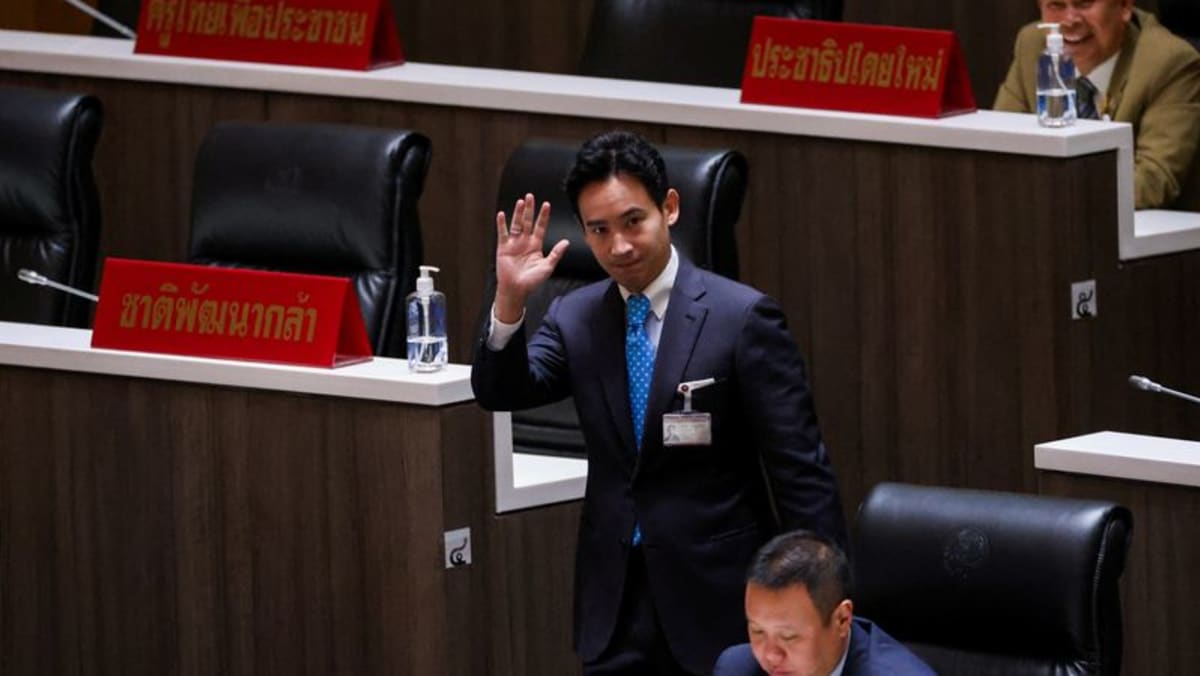
Ultimately, Pheu Thai is likely to collaborate with the incumbent coalition parties, hoping that the powers of incumbency and the MFP’s dissolution will give it a clear advantage over alternative pro-democracy parties in the next election, due by 2027.
MINORITY GOVERNMENT
Alternatively, Thailand could end up with a minority government comprising incumbent coalition parties if Pheu Thai doggedly refuses to work with them for the sake of optics for progressive voters.
Senators could do the incumbent coalition a final favour before ending their term in May 2024 by backing caretaker deputy premier and former coup conspirator Prawit Wongsuwan as the new prime minister.
It would be unwise to underestimate the longevity of Mr Prawit’s government. The same institutions that wrecked Mr Pita’s bid in the past two weeks, coupled with defections and other extra-parliamentary measures, could artificially prolong the minority government’s shelf life for years to come.
Foreign investors and businesses will hardly be enthused. With parliament being a veritable minefield due to the risk of no-confidence motions, legislative activity will be sidelined in favour of executive decisions on policymaking.
Businesses should expect slower reforms – often devised opaquely and without meaningful consultation with the private sector – and a dearth of fresh ideas to innovate investment policies and spearhead economic liberalisation of sectors, especially those that are dominated by politically connected conglomerates.
Thai voters may have rejected years of military rule but it may be a political void, rather than change, that awaits.
Harrison Cheng is a Director in risk consultancy firm Control Risks.
Source: CNA


